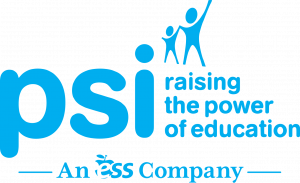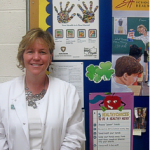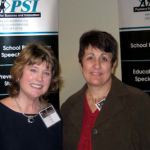PSI represented at the Annual TESOL Conference
Recently chosen to present workshops at the Ohio Teachers of English to Speakers of Other Languages (TESOL) Annual Conference were Kay Almy and Sharon Hamad, PSI ESL staff.
ESL professionals throughout Ohio attend this annual conference. The two presented well received workshops entitled ESL Best Practices (Only The Best For Our ELLS) and ESL/Core Teacher Collaboration– Working Together To Service ELLs in the Regular Classroom. The need for the content for both of these workshops has evolved from requests by PSI partner schools that utilize PSI ESL services. The PSI ESL service area is continually expanding, responding to the changing demographics in our schools and assisting them in complying with Limited English Proficiency requirements under No Child Left Behind. Our programs implement ESL Best Practices so that students exit from the OTELA program as quickly as possible. PSI ESL services that are available include trained ESL staff, both specialists and aides, to meet the needs of each school.
In addition to working directly with ESL students, there is on-going reporting and communications with the classroom teacher and administration to ensure collaboration of efforts, particularly in regard to lesson-planning and student achievement. As needed, PSI provides staff workshops to review ESL Basics, ESL Myths and Musts, and provide classroom teachers with techniques to assist their ESL students in the mainstream classroom. PSI will formally and informally assess the
English language skills (listening, speaking, reading and writing) of each Limited English Proficient student throughout the school year, and to provide teachers and administrators information about each student’s specific strengths and weaknesses.
by Sharon Hamad







